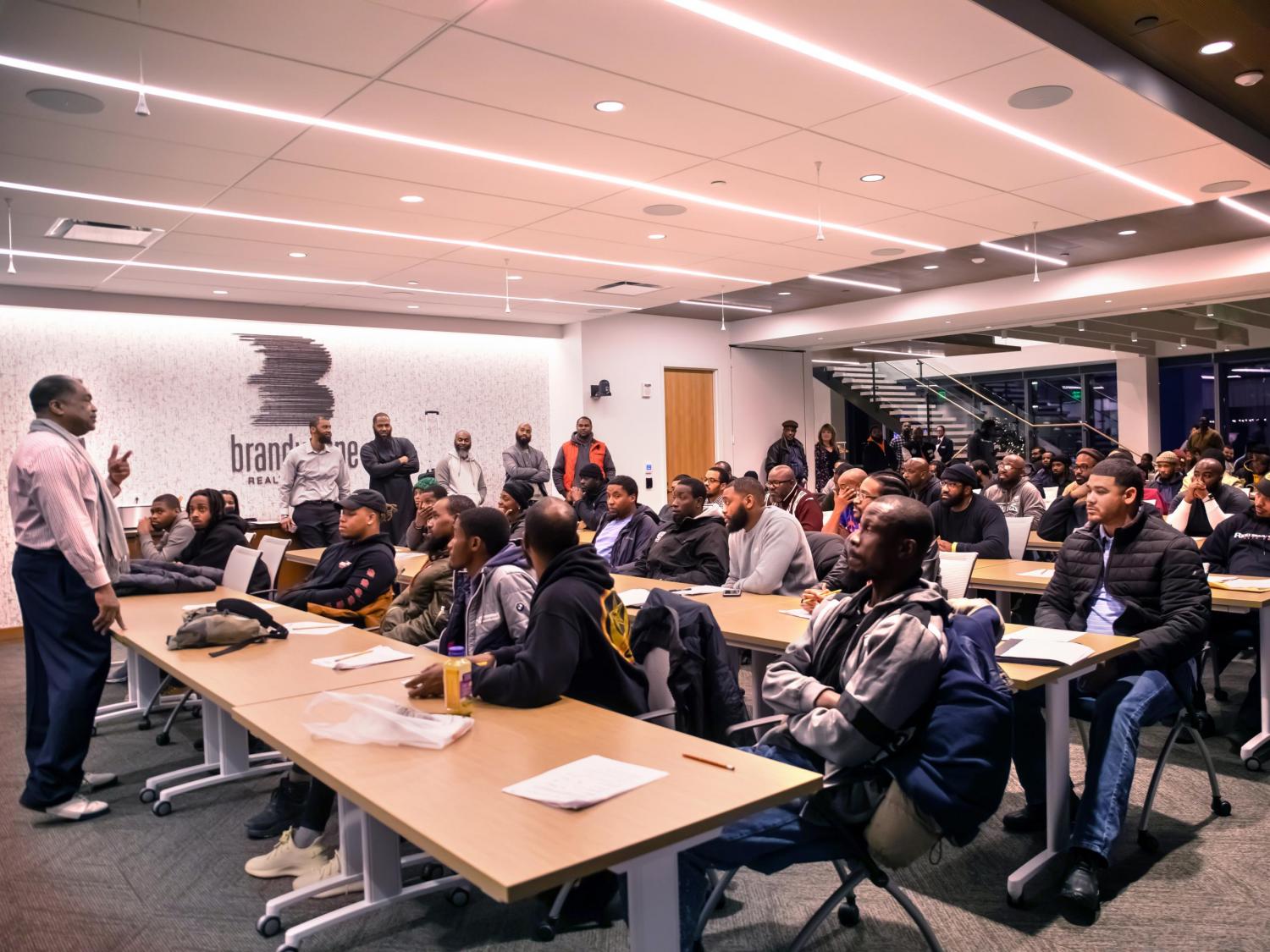What Does it Take to Build a Resilient City?
As seen in Urban Land Institute’s October Visionary Sponsor Feature
As the world continues to grapple with the implications of the COVID-19 pandemic, and chart a path forward, it’s no surprise that conversations about public health and urban planning are intersecting. Both have common roots and missions—job growth, economic equity and recovery, and public infrastructure including mass transportation and greenspace—all of which are inextricably tied to human health and well-being.
Now, more than ever, it’s clear that cities function as full ecosystems. The office worker who takes the train into the city and supports the street vendor. The small business owner who welcomes students into her café for a study session. The community members who gather in a park for a yoga classes after work. Without these types of interactions, the wheels of our city churn to a stop. Across the country, retail and hospitality businesses are suffering, with more than 100,000 small businesses closing permanently so far. National unemployment jumped from 4% in March to 14.4% in April, and as of August, was hovering at 8.5%. Unemployment in Philadelphia rose to over 18% in June and July, and was estimated to be around 15.4% in August—even higher than the nation’s peak back in April.
In Philadelphia, we faced a litany of challenges before the pandemic, which have now been exacerbated by the perfect storm of a public health crisis, economic uncertainty, and civil unrest. We need to address our historical challenges in low job growth, the tax structure, economic equity, public education, infrastructure, and our City’s high poverty rate.
Every crisis creates opportunities, if we are bold enough to both see them and act.
Public and private companies, civic organizations, and City officials must work together to meet the moment, boldly enacting broad-based solutions that both position us for growth, and are more equitable. As developers, we play a key role in the future of our city. Our collective platforms can create advocacy for driving equitable economic growth policies as a sure pathway to solve our poverty, employment and fair access challenges. We can step into our role as true master-planners, creating interconnected spaces that serve the community through wider streets, multi modal transit options, alfresco dining, and activated greenspaces—all designed for the health, happiness, and wellbeing of humans.
We can provide money, time, and resources to organizations in-need, rallying around our small businesses, and supporting the communities—particularly low income and people of color—who have been impacted the most. Brandywine has leaned into this by sponsoring training programs that create paths to family-sustaining jobs, making low-cost capital available to small and minority-owned businesses, and funding affordable housing, community capacity building, and educational support and more. We should all commit ourselves to building an economy that serves all Philadelphians, and creates durable value for future generations.
Every single city in the world is in a pivotal moment, defined by both challenges and opportunities. We should all take a moment to pause, reflect, and reset—reminding ourselves of what matters most. Going back to the beginning of time, people have flocked to cities to be close together. Through good times and bad, we are neighbors and partners. Together, through civic engagement, community support, and a bold vision for the future, we can realize the full potential of our cities.

